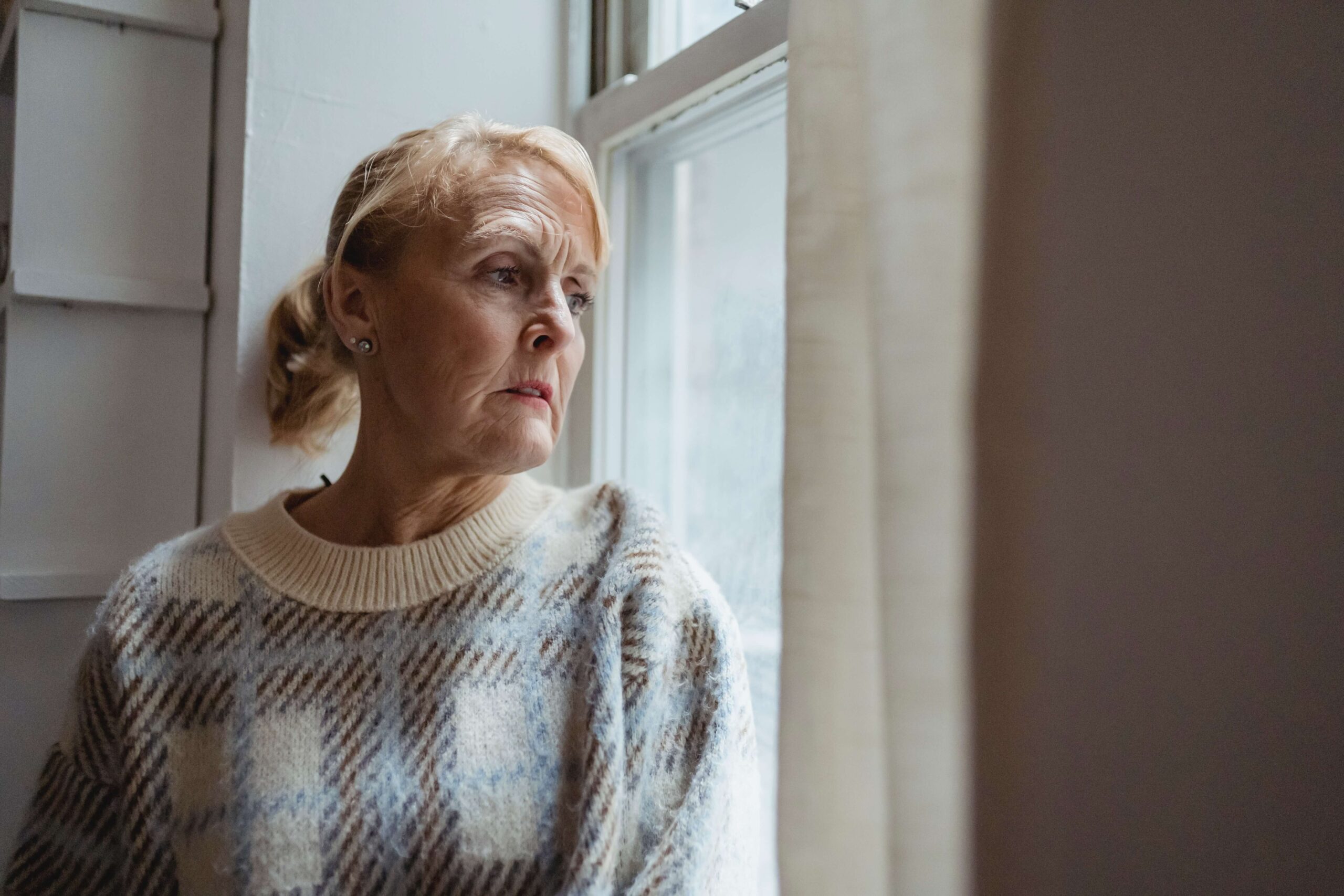Alzheimer’s Caregivers Emotions: Navigating the Roller Coaster
Caring for a loved one with Alzheimer’s can feel like an emotional roller coaster. There are ups and downs, and you may experience a wide range of emotions throughout the progression of the illness. Recognizing and understanding these emotions can help you deal with them more effectively.
Positive Emotions in Alzheimer’s Caregiving
Despite the challenges, there are many positive emotions that come from caregiving. These emotions may change from day to day, but it’s important to take a moment to reflect on them. Caregiving is a labor of love, and acknowledging the positive emotions can help balance the difficulties.
It’s easy to get lost in the negatives, so take time each day to appreciate the moments you still have with your loved one. Start each day with a smile. Your attitude and approach can set the tone for the day.
Positive Emotions: Love, Affection, Compassion, Enjoyment, Hope, Acceptance, Appreciation, Realization, Kindness, Relief, Empathy, Harmony, Honesty, Tolerance, Happiness, Optimism, Satisfaction, Security, Understanding, Simplicity, Affection, Passion, Esteem, Enthusiasm, Respect, Peace, Pleasure, Compromise, Illusion, Support, Contentment, Interest, Confidence, Joy, Dignity
Alzheimers Caregivers Negative Emotions
The negative emotions can creep in and grow out of control if you don’t recognize them. Here is a list of the most common Alzheimers caregivers emotions. It can become overwhelming at times, trying to provide all of the care for someone in your home.
Caregivers who do not have a strong support system,are at very high risk for Caregiver Burnout. Especially if they are not able to step out of the caregiver role a couple of times a week. Often these negative emotions are one of the first signs of Caregiver Burnout. Please look over this list and know how to recognize these emotions.
If you can are having these emotions take action to get help. Ask family members for help or find the resources in your area that can provide sitter help.
Negative emotions: Melancholy, Abandoned, Boredom, Abuse, Necessity, Absence, Demotivated, Frightened, Bitterness, Anguish, Anxiety, Disgust, Nuisance, Shame, Emptiness, Hostility, Humiliation, Betrayal, Harassment, Manipulated, Fear, Failure, Fragility, Frustration, Fury, Loneliness, Anger, Suspicion, Misery, Pain, Hate, Stress, Envy, Sadness, Impatience, Unhappiness, Irritation, Jealousy, Blame, Depression, Defeat, Discouraged, Abandoned, Despair, Disappointment, Exasperated, Resentment, Apathy, and Grief.
Embarrassment
Embarrassment is one of the Alzheimers caregivers emotions I have heard family members express quite often. Usually, it is in the early to middle stages when they are still going out in public. During this period the caregiver is struggling to continue to live a normal life but the person with Alzheimer’s Disease is having some difficulties.
One day I was sitting in a buffet restaurant and was watching this elderly couple. It was very obvious to me she had some type of dementia (there is a sort of dazed look in the eyes of many people with this illness). He helped her through the line and they got their food and set down to eat.
When they were done eating he led her to the dessert area. He filled his dish with ice cream from the soft serve machine and headed back to the table while she filled her dish. I watched as she filled her dish turned and walked away while soft serve ice cream kept running.
I ran to the machine and stopped it and he was right behind me. He kept apologizing and looked so embarrassed. I reassured him it was fine and to go enjoy his lunch with his wife. I am sure most people who live with someone with Alzheimer’s Disease has at least one story similar to this one.
Grief & Mourning
Almost all Alzheimers caregivers experience grief & mourning during some points in the middle & late stages. Mourning the life they thought they would have. The realization that their life is now one of a caregiver instead of a spouse/child/ parent is very difficult for most people.
It helps to connect with someone who has lived through a similar experience. There are often local support groups you can attend. The internet has many sites dedicated to helping caregivers connect. Review some of those sites and find a couple you like. Even if you don’t participate, it will help reading that you are not the only one in this situation.
Anger & Resentment
Anger & Resentment often accompany grief and mourning emotions. When some people realize their golden years are not going to be as planned, that resentment can be towards their loved one with the illness.
These negative Alzheimers Caregivers emotions can take over if you let them.
That is why you need to seek emotional support during your time as a caregiver. Most people need an outlet for their frustrations. Find a way that works for you to deal with these emotions otherwise, those frustrations will build inside you. You could unintentionally take them out on your loved one.
Emotional Support Resources
I am a nurse and have taken care of thousands of people with Alzheimer’s, and until recently I had never lived with someone with Alzheimer’s. My younger sister had early-onset Alzheimer’s but died from cancer before her dementia progressed too far. Now both of my parents have dementia. I moved my mother in with me last year. I have seen caregiver breakdown many times in my career and I know that without a good support system you are at high risk for caregiver burnout.
Even as someone who has cared for people with Dementia for years, living with my mom has brought new challenges. I’m still building my support network, which includes close friends, my daughter, and my sister, who step in when I need a break. I’ve realized that to be the best caregiver, I also need to take care of myself.
If you’re struggling, don’t hesitate to reach out. Many caregivers now turn to the Internet for support. There are numerous online support groups, especially on Facebook.
If you are not a member of our Caregiver Support Facebook group yet and would like to join, here is the link https://www.facebook.com/groups/alzheimersinyourhome
There are many resources out there for you. Most larger cities have Alzheimer’s support groups. Often they are run by family members of someone with the illness who has experienced similar to yours. Check your local area to see if there are any groups near you.
Local Support Group Finders
Alzheimer’s Association local support group locator
Eldercare Caregiver Local Assistance database
Remember, caregiving is a journey, and you don’t have to walk it alone.
Feel free to explore our Article Library for more information and resource
Exploring Caregiving Tools & Resources? Don't Forget to Check Out My Resource Page! 🌟








